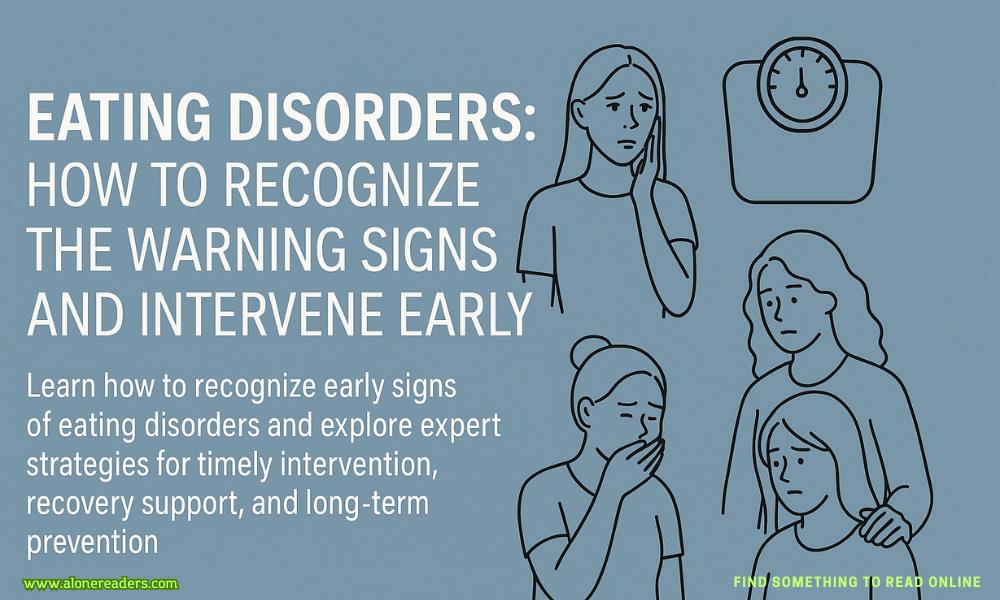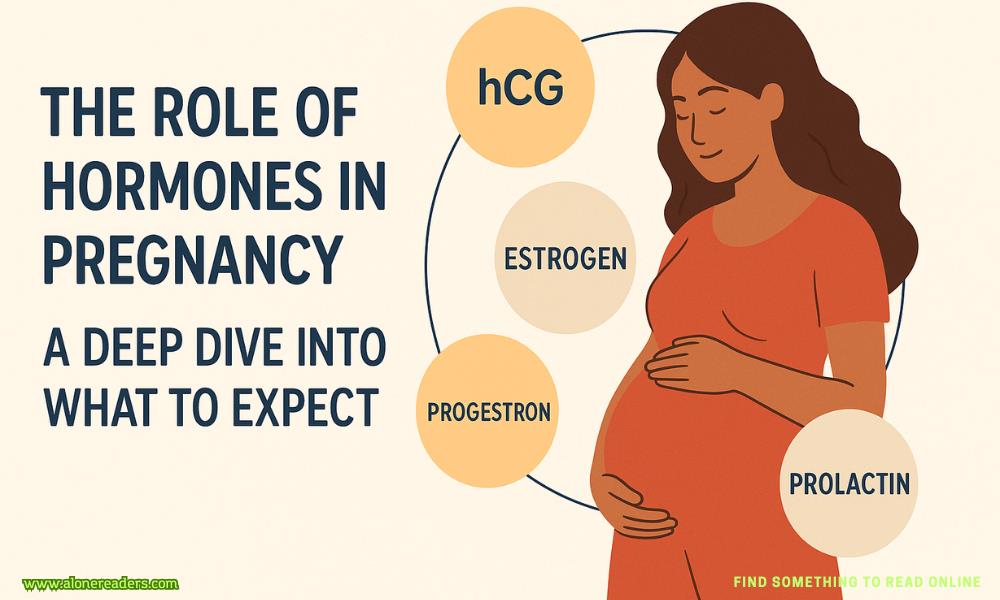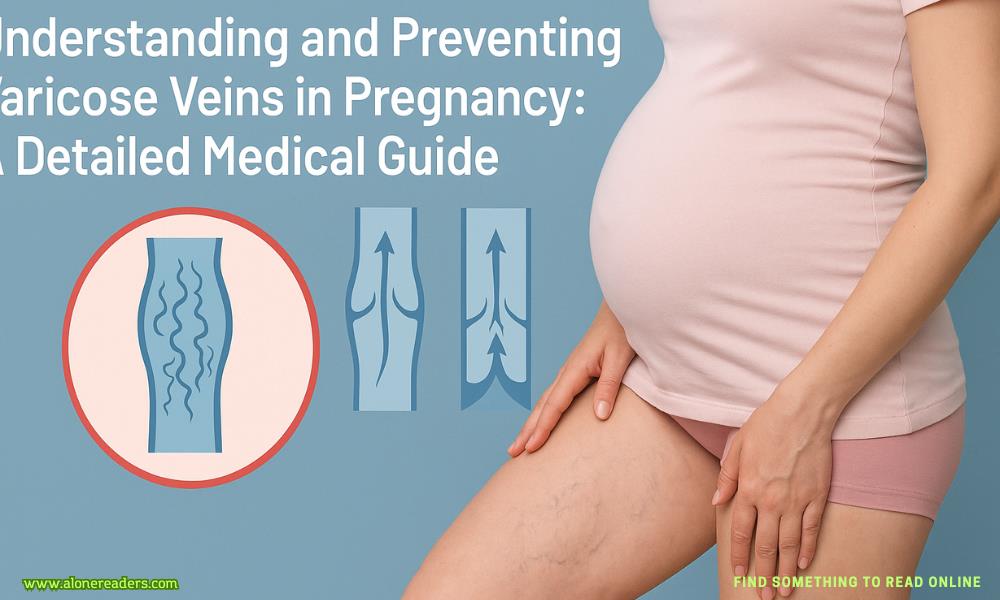Page 19 of The Starving Saints
She wishes she already knew. Sheshouldalready know.
“No, just the one,” Jacynde says. “He likely would have died soon anyway; he was too weak to recover.” She’s more practical, in private, than she is in her sermons. Voyne appreciates it. She sidles closer. Thinks to speak of Phosyne. If she asks questions, and the king can hear them, can hear what madness is passing under this roof—
She doesn’t get the chance.
“Ser Leodegardis,” Prioress Jacynde says, and Voyne comes back to herself and sees that Jacynde is holding out a knife, hilt first.
The keeper of Aymar takes it with only the slightest hesitation. His fingers wrap tight as he approaches the body.
She rushes to his side before she can think better of it. “Leo—”
“Step aside, Ser Voyne,” he says, and his voice is so strained it nearly breaks. “This must be done.”
“What—”
But he has taken the man’s arm, is stretching it along his side on the platform, fitting the blade to his wrist. He is going to cut the dead man’s hands off.
“Look away, if it distresses you so,” he murmurs.
He begins to cut.
“No,” Voyne says, then, as her overheated brain begins to make sense of this, louder, “No.” She grabs Leodegardis’s hand, and his lips twist in anger.
“Ser Voyne,” her king warns. “You are harder than this. Steel yourself, please.”
“You can’t. You can’t send him to the quartermaster,” she says, looking between them, to Jacynde, desperate. “Things aren’t so bad yet. We havetime.”
“Not much of it,” Prioress Jacynde says. “And meat spoils.”
Leodegardis shrugs off her hold.
The blade meets bone. Aymar’s keeper grimaces, shifts his grip, guides the point of the blade into the joint space. This man has been dead for long enough that he is no longer rigid, and so his blood is sluggish and clotted, but it still seeps out, dark red, almost brown.
The hand falls away from the body. The cross section of the wrist does not look so different from that of livestock. Voyne closes her eyes against it, and, unbidden, remembers the taste of flesh.
There have been times, before, where there was no other option. Leodegardis knows as well as she does; they have been pinned down in bleak winters, in blighted fields. They have done what they needed to survive. They have made pacts with their fellow knights,Ifmy body should fail before yours, you must take my flesh into your own, you must get out. But that was different. That was done with eyes wide open, among equals. Here, now—
“You cannot do this,” she repeats, even as she hears Leodegardis begin to saw at one of the feet.It’s easier to consume a man when you’ve forgotten what he was, her experience whispers. No feet, no hands, no head, and the body is not a man anymore, just a package of flesh. Deliverance. Salvation. It will buy them a little more time. But— “Not while we still have horses.”
“A horse on the hoof will keep longer,” Leodegardis argues, voice flat.
“Stop,” she begs, and looks to her king.
Her king looks back, unmoved.
“My people,” he says, “must eat. They do not need to know. Nobody else needs to know but us.”
He, she knows, has never had to make this choice. Perhaps that is why he can be so confident. To him this is all theoretical. And he won’t be the one eating human meat.
“In times of extremis,” Jacynde adds, voice even, “we must use what we are given by the saints. And this is what is given.”
“And the other dead?” she snaps. “What is different today? What has changed so much in three days?” What is she missing?
Leodegardis grimaces. “The meat had already begun to spoil,” he says, softly. “And too many were already thinking about the bodies. Here, in this instance, we have privacy.”
“We’d hide it from them.” When she has been driven to this desecration, she walked into it knowingly. This deception, this paternalistic, horrific management—
“For their own good,” Leodegardis says. “If they do not know, then they need never blame themselves.”















